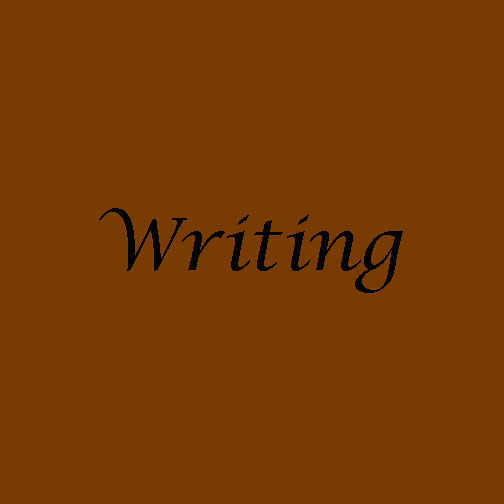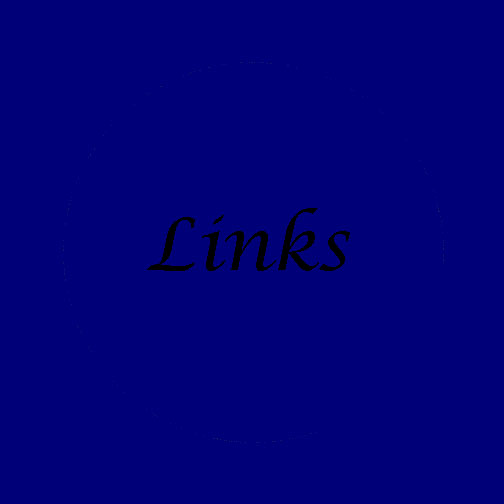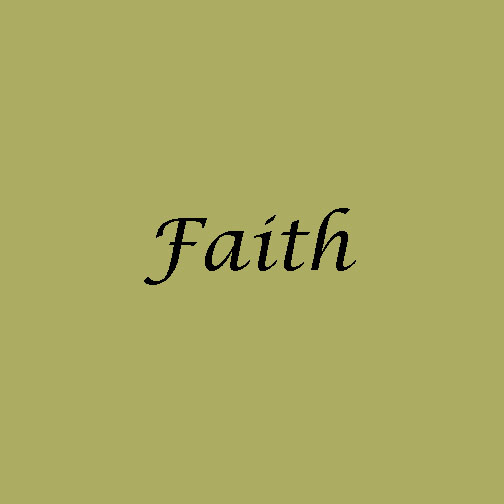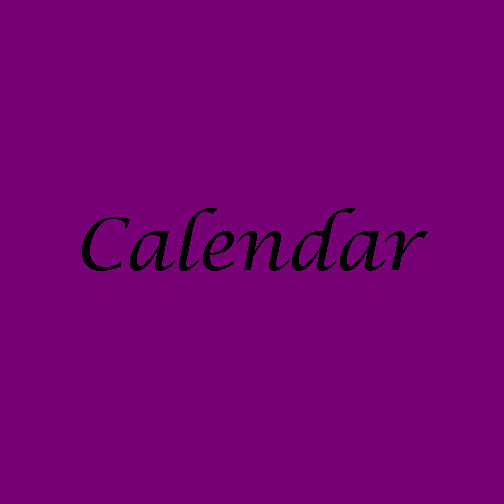|
November 23, 2020 Fantasy vs. Sci-Fi November 22, 2020 Keep It Private November 21, 2020 The Insomnia Song November 14, 2020 Career Announcement November 5, 2020 Early Voting Shock November 1, 2020 Before You Vote October 6, 2020 Excuses for Decisions September 25, 2020 Offense/Defense September 11, 2020 Address It! Say It! |
 |
SITE UNDER RECONSTRUCTION November 21, 2020 Sidebars widened November 9, 2020 Sidebar colors changed September 1, 2020 Bio page updated August 18, 2020 Addition to Author Page August 11, 2020 Sidebar colors changed August 6, 2020 Election info added to Calendar July 28, 2020 Calendar revised |
|||
    |
|||||
    |
|||||
November 23, 2020
|
Another writing update. Next week, I'll be participating in an online conference for science fiction and fantasy writers. It was just announced today, so there are probably plenty of spaces left. Here's the link: Writer Igniter Science Fiction and Fantasy Summit There are two sessions each day from Monday to Friday, at 7am and noon Central Standard Time. Note that this is for science fiction and fantasy writers, not writers in general. This is what inspired today's blog, which I'm happy about because my blog was originally supposed to be all about writing. I'm back to where I started, today. Let's see how long this lasts . . . My first true success as a writer was in 1997 when I won Honorable Mention for a short story called "April Fool's Day". It was about an extraterrestrial who examines the Earth concept of the practical joke. Despite the fact that no human beings appear in the story (technically; the supporting character was in disguise), I wrote it in a very human tone except for technical terms for the alien appendages. It is a short story that blends science fiction and comedy. Yet, there are some who would refer to it as fantasy. Science fiction and fantasy have been tied together because they tend to be the same audience, although usually different writers. I enjoy writing science fiction, but fantasy has been problematic for me. Don't get me wrong; I can write fantasy, but it takes time to develop what I need for the story. In talking with other writers about the genres, I've come to realize the issue. To the reader, there are striking similarities. They take place in made up worlds, with all kinds of things unknown to current knowledge, and the heroes are opposed by something completely out of the ordinary. To a writer, the two genres go off in completely different directions well before what I stated above. First, there's what the unknowns are. In fantasy, it's usually magic (Harry Potter), lost weaponry (The Knights of the Round Table), or arcane beings (The Wheel of Time). In science fiction, it's out-of-control technology (I, Robot), seeking advanced technology (Titan AE), or beings with a biological or technological advantage (Revelation Space). And, sometimes, you get crossovers. They usually don't work, but the entire Star Wars world is the outstanding exception. (I have to note that the original novel from 1974 wasn't popular.) And worldbuilding is also different. Fantasy takes the world we live in and turns it on its head. Harry Potter had an alternate universe, while Alvin Maker is in an alternate United States where magic is common. Science fiction either makes a slight alteration to our world (Cyberpunk) that can become a huge change (I, Robot), or is set in either a futuristic world (Dune) or a completely different world, entirely (Revelation Space). But there's a third genre that doesn't really fit into either of these molds: post-apocalyptic fiction. I was introduced to it in ninth grade when we were assigned Alas, Babylon. I loved it; the rest of the class was only concerned about it as an assignment because it wasn't a realistic story. Ironically, I'm the one who loves realism in stories to the point that I cringe when a musical number breaks out. Turns out, it's more an issue of perception and how real the author can make it for the individual reader or viewer. Alas, Babylon was not written for high schoolers. The post-apocalyptic genre centers around the world falling back on itself and losing what we have. It can be the result of plague (The Stand), nuclear war (Alas, Babylon), or environmental disaster (Waterworld), among others. Post-apocalypse receives no credit as its own genre among many writers. In fact, it's usually lumped in with science fiction. As a science fiction writer, I take this as an insult. Granted, there are post-apocalyptic stories that have science fiction elements, but for the most part, those are lacking. The people rely on existing technology that still works (pending errors by the author) to accomplish their goals. The movie The Book of Eli is possibly the perfect example. All-in-all, the three genres have one thing in common: They deal with a world that is, in some way, completely different from ours. Except for horror, and sometimes comedy, this is usually not the case in any other genre. Mystery, suspense, and drama all have to take place the real world, while romance isn't truly a genre. Romance is actually a formula put into any other genre. To call romance a genre is to not understand how a formula works: Formulas drive subplots. Even in Romeo and Juliet, the romance between the title characters was actually a subplot that helped drive the main plot, the rivalry between the two families. It's a rare story told through the main subplot. On that note, it's important to mention that any genre can make an appearance in another genre without changing the genre, itself. The TV show How I Met Your Mother was a farcical comedy, but one episode dealt with two of the principle characters coming back in time from three different years to talk with the main character. "The Time Travellers" (Season 8, Episode 20) deals with a number of decisions involving a wrestling event, his near-obsession with the coat-check girl from "Okay, Awesome" (Season 1, Episode 5, of whom two also showed up--one disgusted with him, the other obsessed with him), and other events from previous years that appeared for the first time. It's not a true time travel story; it's revealed that it's all in his imagination. But the character who revealed it's his imagination was also a pathological liar. Further, the conclusion leaves us wondering how much was imagination and how much was real as two key things about The Mother that had been planned from the very first episode were established. This happened during a final scene set only minutes after the "time travel" encounter, and involved the current-day main character, not the one from 2030 that was telling the story in flashback. No, I'm not revealing what it was. But the common element between all genres is worldbuilding, and nowhere is it more pronounced than in science fiction, fantasy, and post-apocalypse. To some extent, horror, as well (Lovecraft's The Outsider). These require a reworking of some elements of reality. Mystery sometimes requires some, as may intrigue, while literary fiction is usually more self-contained and may use standardized models without much description. (Doctor Zhivago. As a side note, A Tale of Two Cities is a major exception.) When you try to combine science fiction and fantasy, you can get a myriad of other ideas. The superhero genre comes to mind. A large amount of their worlds deal with science fiction, especially origin stories. Two great examples are the mutants in Marvel Comics being a direct result of a case of cross-breeding with the Eternals, and that Superman is an alien who gains powers just from being in Earth's yellow sun. Thor, Hercules, and Aquaman brought fantasy elements into the story, while the problem-solving Batman is more mystery than anything else. Plus, a number of antiheroes tend to appear, such as Wolverine and Judge Dredd. But, regardless of what you're writing, choosing the right genre is important, but not critical. If you have a solid moral you want to express, the nature of the moral can help you decide the genre. Why crimes are committed, and how to prevent them, can call for mystery, police, or legal dramas. How we need to change society is best expressed in science fiction, but can also be a theme of the horror genre. The idea of "what if this had happened" usually ends up with fantasy, while "what if this were to happen" is almost always science fiction, and post-apocalypse can stem from either question. The most important thing to understand about science fiction and fantasy is that there is plenty of room for diversity in creativity--moreso than in any of the other genres. Anything can be incorporated into them, unlike any other type of writing, save anything lyrical. But it's still the characters that drive the story, the plot that directs the story, the setting that frames the story, and the writer who controls the story. In my case, although I love reading fantasy (I cried twice during The Wheel of Time, when Moiraine fell through the portal and at Moghedian's fate), the idea of creating something that seems to have no true origin tends to be beyond me in a non-religious context. And that's why I find science fiction easy to write, while fantasy makes me sit thinking for hours at a time. On that note, next time, I'll talk about two people who are supposed to help you produce a good story. One always does, but is a virtual unknown; the other is common and in demand, but can easily mess you up. Until next time . . . |
You are visitor number
since July 8, 2020
